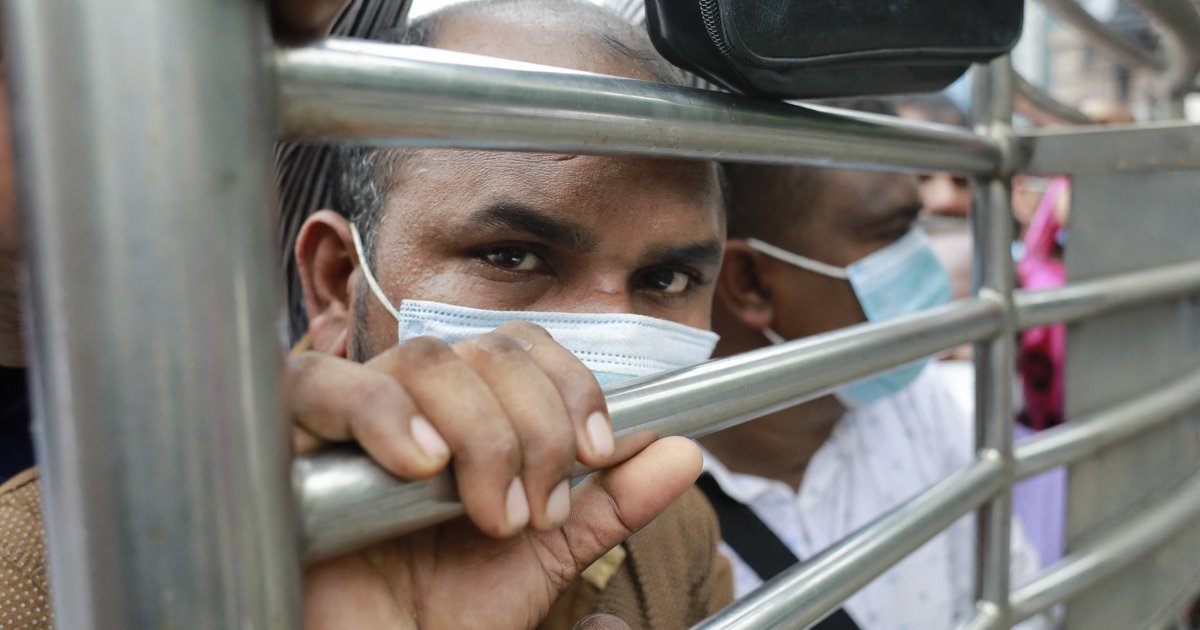
So far the evidence is mixed. Certain governments, like Portugal, granted rights to undocumented migrants to facilitate their access to health care, illustrating how the welfare of the poor is all the more taken care of when it matters to the rich. But there is also evidence that, as was the case on some Greek islands, migrants and refugees were severely hit by COVID-19 and left almost without any support. In that respect, the pandemic will ultimately constitute a test for the implementation of the GCM’s ‘people-centered’ and rights-based approach.
Health considerations may also affect border management and what the GCM calls the ‘screening’ of migrants. While not very detailed, the concept of ‘screening’ seems to refer to mechanisms that would identify migrants’ characteristics and channel them into the right policy direction, depending upon whether they enter a country to work, study, seek protection, etc. ‘Screening’ also seems to entail the constitution of (and reliance upon) databases, to map and help govern migration flows.
Had the GCM been finalized a few months later, it could easily have added the collection of information about (and the ‘screening’ of) migrants’ health. This is indeed turning into a new norm, as the governance of travel and mobility increasingly foresees that people on the move must prove that they are safe and non-threatening to the countries they are heading to – including through (potentially intrusive) technological devices that governments throughout the world are currently thinking about.
While it is too early to assess the long-term impact of the pandemic, it is clear that health and public safety imperatives make the control of people’s mobility necessary – and hence also much more difficult to contest, to the extent that even health-unrelated patterns of control may well become more widespread. From this perspective, rather than challenge the relevance of the GCM, the COVID-19 pandemic could well facilitate its implementation.